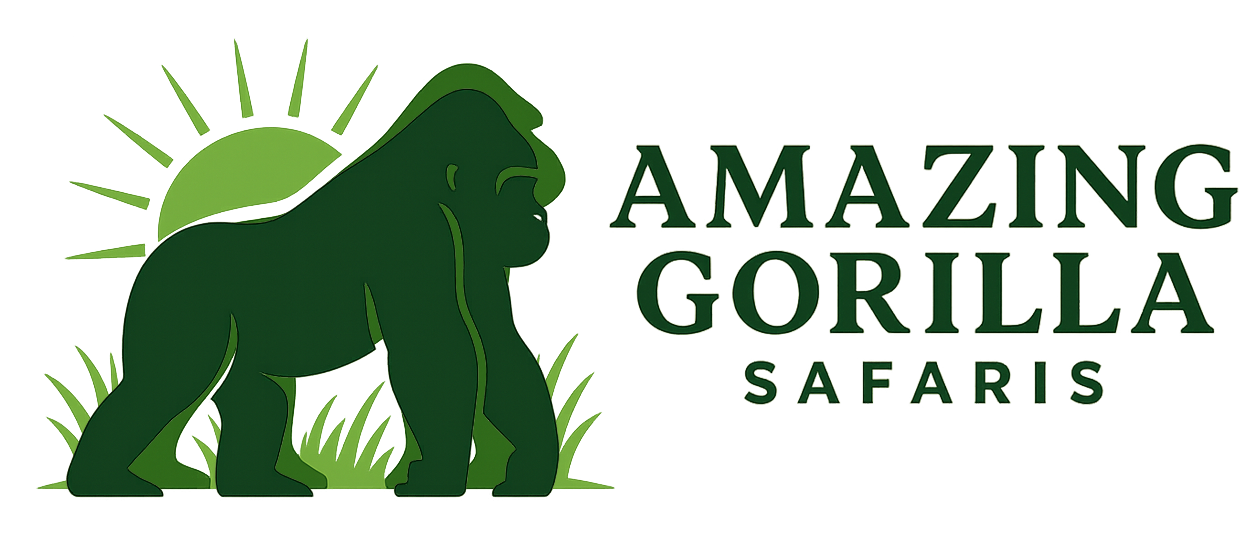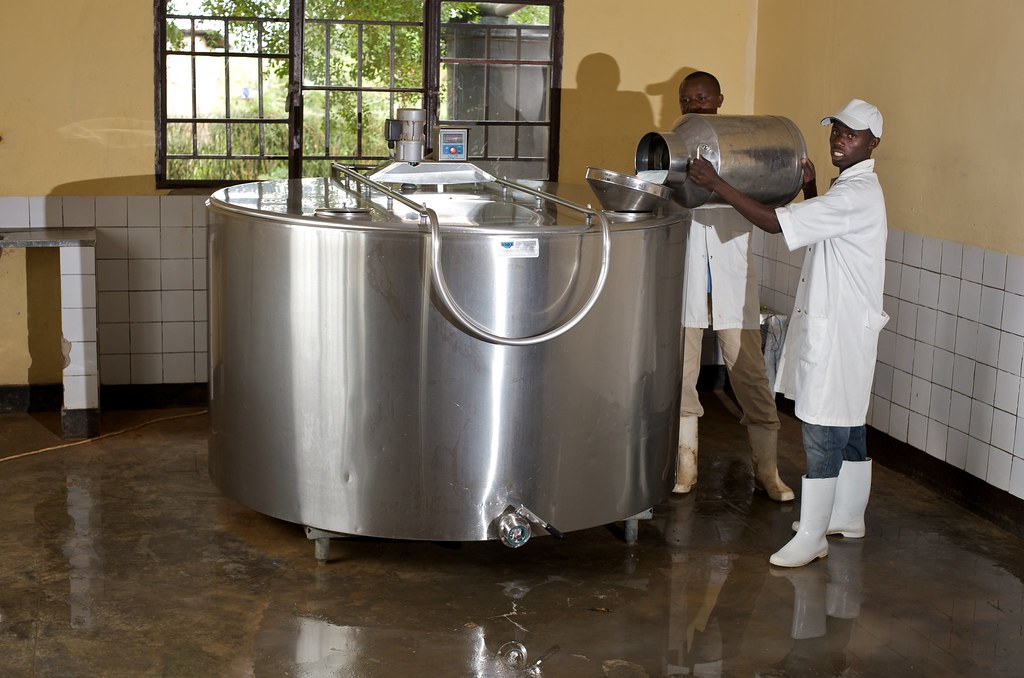Kigali Milk Bar | A Taste of Rwanda’s Fresh Dairy Culture
In the heart of Rwanda’s capital, where modern life meets traditional charm, the Kigali Milk Bar stands as a beloved symbol of everyday Rwandan culture. For locals, a visit to a milk bar isn’t just about grabbing a drink — it’s a ritual, a moment of comfort, and a gathering place where simplicity meets community.
Milk bars are a long-standing tradition in Rwanda, born from the country’s deep-rooted pastoral heritage. Known for its rolling hills, fertile valleys, and thriving cattle culture, Rwanda treasures milk (amata) not just as food but as a source of pride, health, and hospitality.
Today, the Kigali Milk Bar experience is a beautiful blend of old and new — offering fresh, locally produced milk in a modern, cozy setting that celebrates both rural traditions and urban innovation.
The Story Behind Rwanda’s Milk Culture
Milk has been at the heart of Rwandan society for centuries. Among cattle-keeping communities like the Banyankole and Batutsi, cows symbolize wealth, love, and purity. In fact, traditional greetings such as Amakuru y’inka? (“How are your cows?”) reflect how closely livestock and milk are tied to social well-being.
After the 1994 genocide, Rwanda’s government revitalized this cultural staple through the “One Cow per Poor Family” (Girinka) program — restoring dignity and nutrition by giving families access to dairy cows. The result is a nation where milk represents both nourishment and renewal.
Modern Kigali milk bars carry that legacy forward — bringing farm-fresh milk and dairy products to city dwellers in clean, welcoming spaces.
The Kigali Milk Bar Experience
1. Fresh, Locally Sourced Milk
The main attraction is, of course, the milk itself — fresh, pasteurized, and served warm or cold. Most milk bars source directly from Rwandan dairy cooperatives in regions like Nyabihu, Gicumbi, and Eastern Province, known for their high-quality milk.
Visitors can choose from:
-
Fresh boiled milk (amata ashyushye) – served hot in traditional mugs, often sweetened with sugar or honey.
-
Cold milk (amata akonje) – perfect for hot days, smooth and refreshing.
-
Fermented milk (ikivuguto) – thick, tangy, and probiotic-rich, similar to natural yogurt and a local favorite for breakfast.
2. Modern Comfort Meets Tradition
Kigali’s milk bars mix tradition with modern café culture. Many feature warm wooden décor, cow-inspired art, and soft background music, creating a calm and inviting space for families, professionals, and travelers alike.
Think of it as Rwanda’s answer to the coffeehouse — a place to relax, meet friends, and enjoy something wholesome.
3. More Than Milk — Local Snacks and Pairings
Alongside milk, you’ll find light bites and local treats such as:
-
Mandazi (sweet fried dough pastries)
-
Chapati (soft flatbread)
-
Bread rolls with butter or jam
-
Boiled eggs or samosas for a savory option
Many milk bars also serve smoothies, yogurts, and milkshakes made from local fruit and dairy — perfect for those looking for a nutritious, flavorful snack.
4. Community and Lifestyle
Beyond refreshment, milk bars are part of Kigali’s social fabric. Locals stop by before work, after evening prayers, or during weekend strolls for a glass of warm milk and friendly conversation.
It’s common to see students revising notes over a cup of ikivuguto or families gathering after church — the kind of communal energy that makes Kigali feel both modern and close-knit.
Popular Milk Bars in Kigali
While small milk bars can be found across the city, a few stand out for their popularity and atmosphere:
-
Kigali Milk Zone (Downtown): A contemporary take on the traditional milk bar, known for its clean design and creamy boiled milk.
-
Milk Bar Kimironko: A favorite among locals and market vendors, offering classic warm milk and fermented varieties.
-
Kacyiru Dairy Café: A cozy corner near the Inema Arts Centre, blending milk-based drinks with café-style seating and pastries.
-
Remera & Nyamirambo Milk Stops: Authentic neighborhood spots where you’ll find the true Rwandan experience — simple, local, and full of laughter.
What Makes Kigali Milk Bars Special
-
Purity: Rwandan milk is known for its natural flavor — fresh, organic, and free from additives.
-
Cultural Heritage: Every glass tells a story of Rwanda’s cattle culture and traditional values.
-
Health Benefits: High in calcium, probiotics, and nutrients — a wholesome alternative to sugary drinks.
-
Sustainability: Many milk bars partner with smallholder farmers and cooperatives, supporting local economies.
Visiting Tips
-
Milk bars are family-friendly and open from morning until late evening.
-
Prices are affordable — usually between RWF 500–2,000 depending on size and type.
-
If you’re visiting for the first time, try ikivuguto, the fermented milk — rich, tangy, and authentically Rwandan.
-
Bring your curiosity: milk bar owners are often happy to share stories about their products and Rwanda’s dairy culture.
A Glass of Rwanda’s Soul
A visit to a Kigali Milk Bar isn’t just a culinary stop — it’s a window into Rwanda’s heart. Each sip connects you to the land, the cows, and the communities that have nurtured this age-old tradition.
It’s an experience both humble and profound: a reminder that sometimes, the most authentic taste of a country isn’t found in its luxury restaurants, but in a warm glass of milk shared among friends on a Rwandan hillside.





